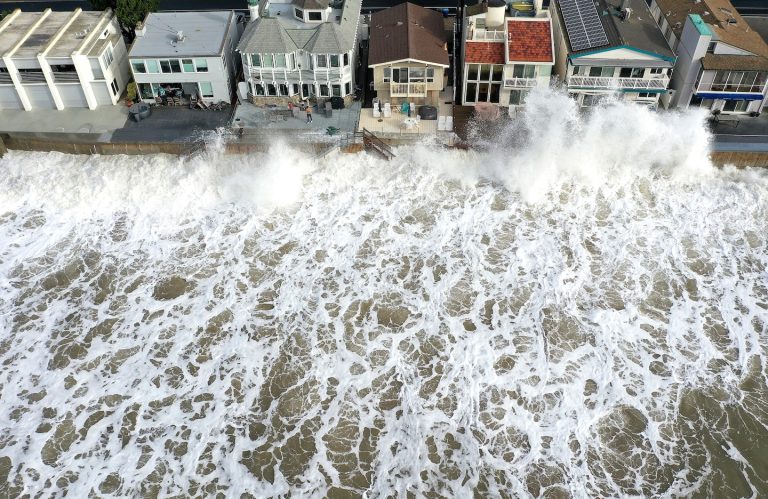We must stop referring to this looming crisis as global warming or climate change. These are nice terms, and the catastrophic events associated with this global warming—vicious wildfires, extreme heat waves, deadly floods, droughts, famines, and sea level rise—are not nice; They extinguish lives and destroy livelihoods.
This crisis needs a new title. It needs a name that captures the level of devastation we face. Let's call it climate destruction.
Sally Courtright, Albany, New York
I agree with Michael Coren's December 28th Climate Coach column titled “Some Planet-Friendly Things to Consider in the New Year.” We can make a difference in this time of climate change through small actions that add up. Taking an interest in and learning about the plants and animals around us can help us and the natural world that depends on us, he said. However, this designation may reveal many invasive species, especially plants that dominate our landscapes.
Two additional steps are to remove at least some of the invasive plants and replace them with native plants, especially the “upright species” that native birds, butterflies, bees and other critters depend on. Even a handful of native plants in a place can make a real difference to local animals hungry for the food they have evolved with. There are great resources in most states, including native plant societies, with links to places that sell straight species rather than varieties that often don't support native wildlife.
If you plant it, it will come.
At least four states have recognized seller liability for failing to disclose a property's flood history, according to a Dec. 30 Politics & the Nation article “More States Deciding to Buy Homes Should Know Flood Risks.” This is just the beginning.
As the climate crisis advances, every potential buyer of coastal property should see the risks from sea level rise (according to the Intergovernmental Panel on Climate Change and the National Oceanic and Atmospheric Administration), even if the federal government doesn't list the property. It has not been submerged in water yet. The climate risks are becoming clear, even obvious: heatwaves, wildfires, water availability. The detection list can get very long.
There are steps to be taken now that will change this bleak prospect. These include legislation on carbon fees and dividends, permit reform, forest management, and electricity, as advocated by the citizens' climate lobby. Together, these steps can reduce carbon dioxide emissions and limit the frequency and severity of extreme weather events.
Gary Stewart, Laguna Beach, California.

